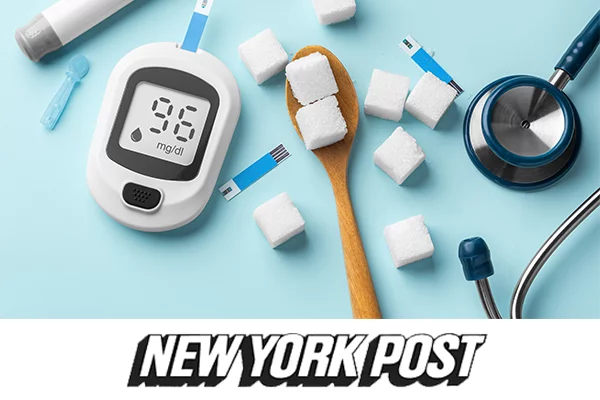
You know the risks of post-meal blood sugar spikes from experience if you’re diabetic or pre-diabetic. Prediabetes is characterized by blood sugar levels that are higher than normal; if uncontrolled, it can progress to diabetes, which increases the risk of cardiovascular disease and stroke.
There are a lot of medications available for prescription that can help with glucose management, but sometimes all it takes is a little non-pharmaceutical trick that may be able to help.
Plus, you probably already have the one ingredient you need stashed away in your cabinet. Simply mix two tablespoons of apple cider vinegar in a glass of water taken before a meal and—voila—you are in the clear. Although there is limited data on its efficacy, apple cider vinegar has long been promoted as a magical remedy that can be used for almost anything, from helping digestion to relieving sore throats, skin problems, and headaches. So, does the science for this blood sugar hack hold water?
During an interview with The Post, endocrinologist Dr. Victoria Finn of Medical Offices of Manhattan mentioned that she has heard from patients who have effectively used apple cider vinegar to avoid rises in blood sugar levels after meals. But it’s not without risks.
She cautioned against attempting the natural remedy on one’s own before seeing a doctor. Due to its high acidity, apple cider vinegar may irritate the stomach and produce nausea in certain individuals, which in turn can lead to other gastrointestinal problems. In addition, certain medications may interact negatively with apple cider vinegar. Read the article.
Would you like to schedule an appointment with Dr. Finn?

